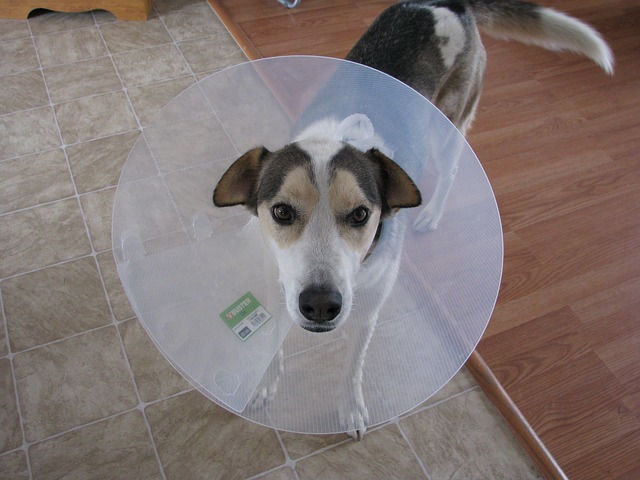Dogs are carnivores, which means they need to eat meat and other protein-rich foods. However, most dogs don’t get enough meat in their diets. One of the most important things you can do for your dog is feed him a balanced diet consisting of proteins, carbs, and fats. You’ll also want to take into account his age and size when making these choices—it’s not always easy!
Protein
Protein is essential for your dog’s health, growth, and maintenance. It’s needed for bone and muscle development, immune system function, and hormone production. Protein is also important in the production of enzymes that control a number of bodily functions including digestion (liver), blood clotting (platelets), and gas formation (bile).
Protein gives you the best chance of keeping your pet healthy by helping him build up lean muscle mass–the kind that helps burn fat more efficiently than just eating regular old carbs all day long–while also providing him with energy while training or playing with other dogs in an off-leash area like a park or beachfront property where he’s not confined inside a house all day long every single day of his life!
Carbs & grains
Carbohydrates are the body’s main source of energy, and they’re found in most foods. Carbohydrates include grains and vegetables (like broccoli), fruits (like apples), legumes (like beans), and dairy products. Carbohydrates can be digested into glucose–a simple sugar that provides your dog with energy–or they can be broken down into other types of carbohydrates known as oligosaccharides or disaccharides that are not as readily used by the body.
When you eat a meal with carbohydrates in it, the digestive process breaks down these foods’ starch molecules into smaller pieces called maltose or sucrose molecules. These smaller molecules enter your dog’s bloodstream where they’re absorbed into cells throughout his body. They’re used as fuel for brain activity, muscle movement, and respiration, depending on what type of carbohydrate is consumed during each mealtime period
Maintain a healthy body weight
Your dog’s ideal weight is a big factor in its overall health. If you have a pet, maintaining healthy body weight is important for both your pet and you, as it can help them stay healthy and live longer.
It’s important to know how much your dog should weigh before determining whether or not they need to lose some weight. Your veterinarian will be able to provide you with this information when it comes time for regular checkups and vaccinations–but if you want an easier way than calling up their office every time there’s an issue or concern regarding their health, I’ve got just what you need!
How do we calculate our dogs’ ideal weights? The answer lies in knowing two things: how tall the breed of dog (or cat) is; and its average weight capacity (AWC). AWC refers specifically only
To adult dogs–meaning puppies don’t count toward calculations here! – but also includes other factors such as age/size of breed plus size differences between genders within breeds along with any other non-physical characteristics such as coat coloration etcetera; these factors combined give us enough info about each individual animal so we can figure out exactly where he falls within his breed’s range at various stages throughout his life cycle.”
Omega-3 fatty acids
Omega-3 fatty acids are an important part of your dog’s diet and can be found in fish oil, flaxseed, and algae.
These fatty acids are not just good for your dog’s brain, but also for its eyesight. They’re especially important for eye health because they help protect against dryness and inflammation on the surface of the cornea (the clear front part of your pup’s eyeball).
Some labs test for omega-3 fatty acids in dogs’ urine along with other biomarkers like triglycerides or cholesterol levels; however, these tests aren’t always accurate so it’s best to talk to your vet about how much omega-3s you should be feeding them based on their breed specific metabolizable energy requirement (BMER).
Vitamins & Minerals
Vitamins and minerals are essential for good health. Vitamins help your body produce energy, while minerals support your bones, muscles, nerves, and other organs.
In addition to foods like meat, fish, and dairy products that naturally contain vitamins and minerals (and sometimes more than one type of vitamin or mineral), you can also find them in fruits and vegetables grown at home; these foods may be eaten raw or cooked.
When choosing a balanced diet for dogs, it’s important to look at both their nutritional needs as well as those of their breed or breed mix. This will ensure they get enough nutrients without any problems affecting their specific needs such as digestion issues caused by food allergies
Don’t forget to feed treats too
It’s easy to forget that treats are good for your dog, but they’re not just for the sake of giving him a treat. Treats help you get through a tough day at work or school, and they can also encourage your pet to behave in ways that make him happy.
Treats are also important because they help you save money on food (or at least make it cheaper than going out to eat). And with so many options out there today, finding something that is both nutritious and affordable has never been easier!
Finally, treating your pup every now and again will keep him healthy–and happy!
Conclusion
It’s easy to get lost in the world of dog food. There are so many brands and varieties, it can be difficult to know what’s best for your dog. The good news is that there are some golden rules that will help you navigate this minefield with confidence:




